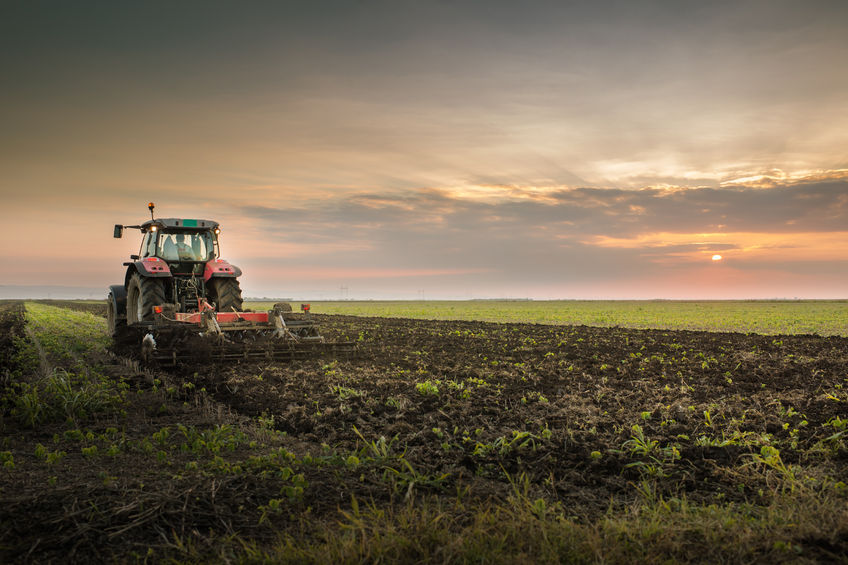
Prince Charles is joining a UK-France government initiative to improve the condition of global soils.
Both governments are meeting the Prince to discuss the need to improve the health of soils worldwide.
Prince Charles has praised the French government's signature project on soil health, the 'Four per Thousand Initiative', which seeks to increase the organic content and health of soils worldwide.
In the coming weeks, ministers from both government's will debate how to store more carbon in soils.
They will also discuss how to restore degraded soils, improve fertility and increase food security.
The Prince will also speak next month at the world climate conference COP22 Marrakech in Morocco.
'One and a half Olympic swimming pools per hectare'
Peter Melchett, Soil Association policy director, said the Soil Association 'strongly supports' the French government initiative.
“We have had a similar target set before COP21 in January 2015 - to increase organic matter in UK arable and horticultural soils by 20% over the next 20 years.
“This target was based on the scientific evidence that in northwest Europe, organically managed soils have significantly higher levels of organic matter - an average increase of 21% over 20 years.
“There have only been three studies in the UK, they found the increase here for arable soils was 50%.
“We believe - at 20% in 20 years - it would be possible to increase the water holding capacity of arable farmland in the UK by the equivalent of one and a half Olympic swimming pools per hectare, reducing flooding and increasing resilience to droughts, and reducing ghg emissions in the UK by the equivalent saved by taking nearly 1 million cars off the road.
'Extraordinarily important'
Mr Melchett said the French initiative is 'extraordinarily important', as it has put greenhouse gas emissions from farming on the global climate change agenda for the first time since Kyoto, which held the first climate agreement in 1997.
“It highlights the desperate need to stop emissions of greenhouse gases from soils - especially lowland drained peat - and the huge potential for sequestering carbon in agricultural soils.
“In the UK, ghg emissions from farming have been level since 2008 (CCC’s latest report out on 13 Oct), while industry and power generation emissions have fallen around 50%.
“The UK farming industry has not begun to tackle ghg emissions, but we hope that the commitments made by the UK at COP21 will change that.
Lord Krebs from the Committee on Climate Change said: “The health of the UK's soils is of critical importance for the productive capacity of our agricultural land.
“A combination of population and economic growth are expected to increase global demand for food in the future. At the same time, climate change could reduce the capacity of the land globally to keep pace with growing demand.
“It is, therefore, essential that we are doing all we can to protect the long-term productive capacity of our agricultural soils," Lord Krebs concluded.
